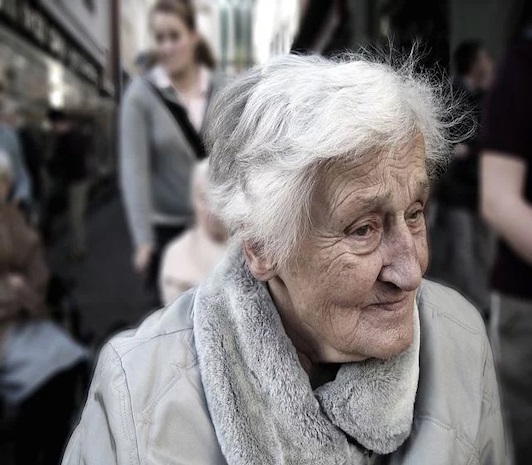A disorder associated with episodes of mood swings ranging from depressive lows to manic highs.
How Bipolar Disorder Can Ruin Your Life?
There are several types of bipolar disorder, each differentiated based on the pattern of mood and energy shifts: Bipolar I disorder: Manic episodes last at least seven days or are severe enough to warrant immediate hospital care. Depressive episodes usually occur, too, and last at least two weeks. Mixed episodes are also possible. Bipolar II disorder: A pattern of depressive episodes and hypomanic manic episodes (which are less severe than manic episodes), without ever having a full manic episode. Cyclothymic disorder: Multiple episodes of manic and depressive symptoms lasting for at least two years, though not meeting the diagnostic criteria of hypomanic or depressive episodes. Bipolar disorder “other specified” or “unspecified”: Symptoms don’t fit into the other types, but include significant shifts in mood and energy levels.
What are Symptoms Of Bipolar Disorder?
- Unwanted thoughts
- Restlessness
- Fatigue
- Trembling
- Repeatedly going over thoughts
- Palpitations
- Nausea
- Palpitations
- Palpitations
- Difficulty Falling Asleep
- Excessive Worry
- Emotional Distress







